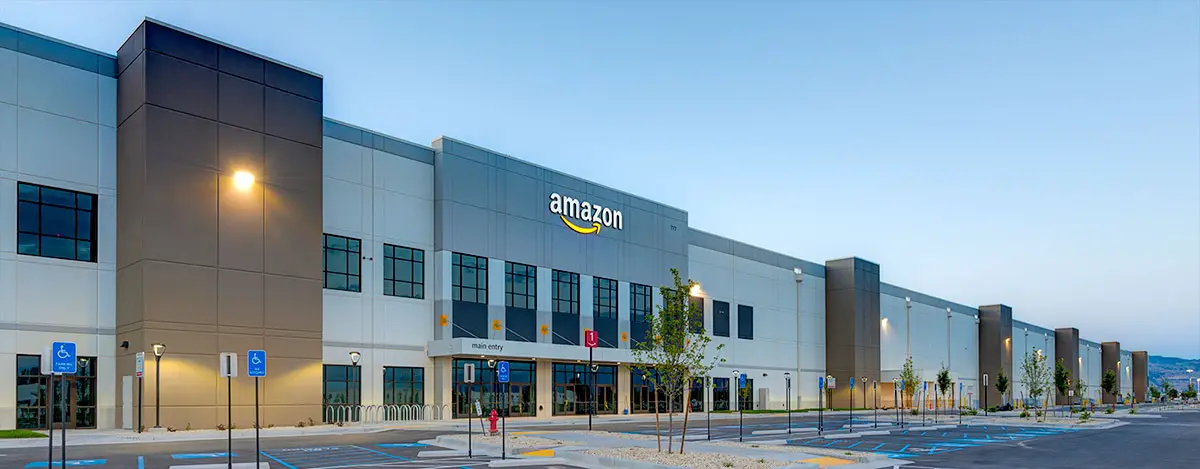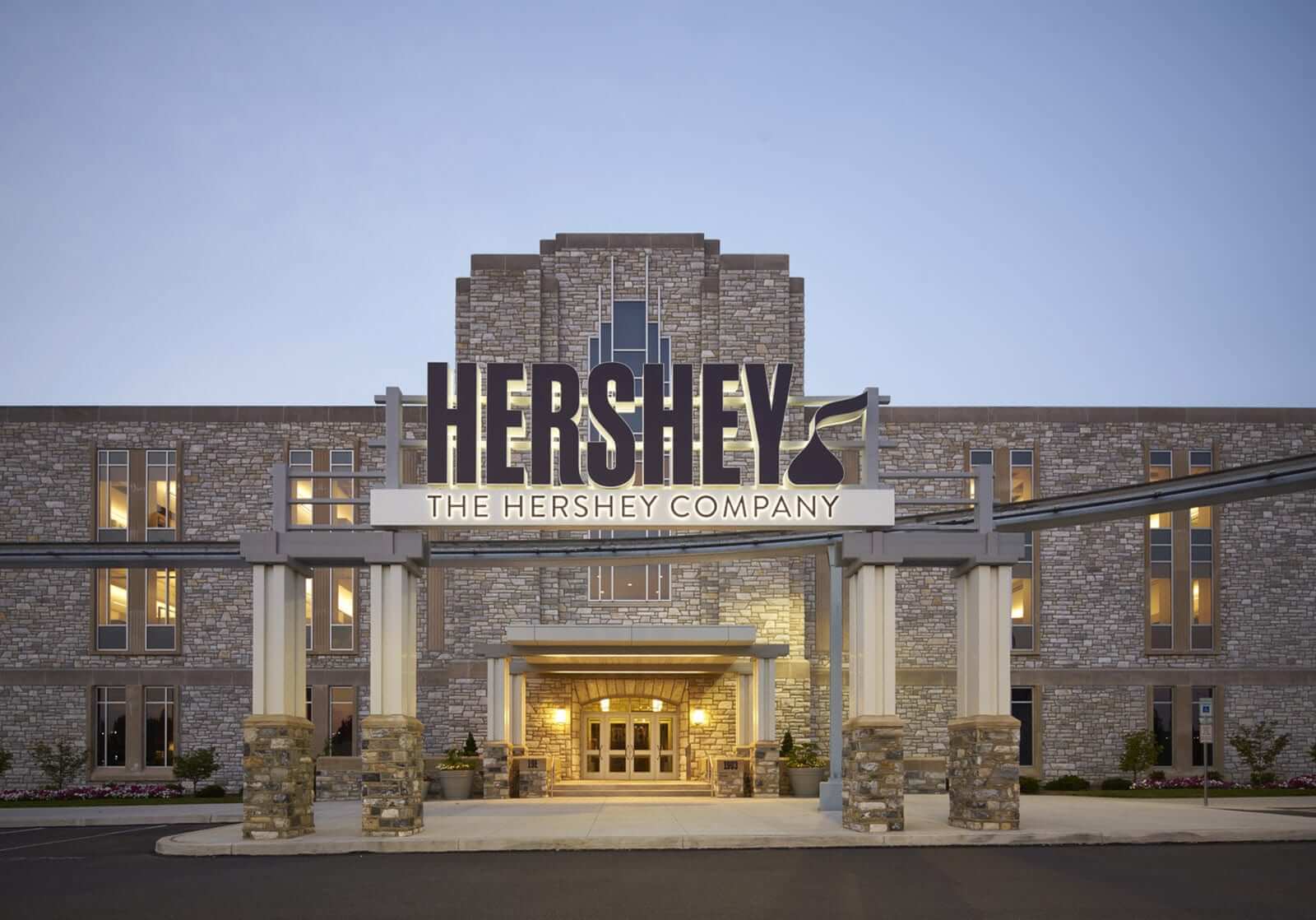Starbucks Mission and Vision Statement

Starbucks mission statement is “To inspire and nurture the human spirit – one person, one cup and one neighborhood at a time.” It is a statement that brings out critical customer centric elements of the company. The mission statement starts by emphasizing the primary role of the firm towards its customers, while at the same time stressing the importance of its client towards the continued growth of the company. In addition, customer satisfaction surveys are also a great strategy for future improvements. Several components cab be drawn from this mission statement:
- Improving life. It is clear that Starbucks mission statement is all about creating a better service sector while giving its customers the best treat of their time. Making a difference in the lives of people is attached to the customer experience that Starbuck seeks to achieve in its first component of its mission statement. The determination efforts of Starbucks in satisfying this component are shown it numerous ways with the green cup responsibility being one of the many.
- Exceeding expectations. Starbucks echoes its leadership presence in the coffee market sector by doing more than normal. The company’s primary goal is to let its client base feel its presence by offering extraordinary services that extends to social responsibilities rather than merely serving the customers with its products. In fact, the company has come out successful in fulfilling this second component in its mission statement as shown in the social impact it everywhere.
- Simplifying beverage services. In its third component, Starbucks has proven that coffee service does not have to look so complex and sophisticated. With its dynamic, simple, yet top service delivery strategies, the company has established itself as a revolutionary in the service delivery niche by improving on friendliness and quality. In fact, the simplicity characterizing Starbucks is what has drawn its massive client base towards it, speaking volumes of how the company strategizes to satisfy this element in its mission statement.
Introduction
Starbucks journey from humble beginnings of a small service chain in Seattle in the 1970s to becoming a top and a favorite destination for all customers in the contemporary era gives an account of wonders smart mission and vision statements can deliver.
Perhaps, this distinguished performance in offering the best services is a reflection of the company’s early mission statement that emphasized on establishing a reputation of a coffee purveyor while staying loyal to the growth principles of the company.
It is not a wonder Starbucks now stands as the pace-maker in the coffee industry. Its progress agrees with the concept of a company’s mission statement that outlines the strategic approaches adopted to meet the demands of the customers. Despite the large number of Starbucks competitors, the company remains one of the leading cafe chains in the world.
In the case of Starbucks, its mission statement reveals the intended immediate impacts it desires to have on the satisfaction needs of its customers. Closely related to this is the vision statement of a company that conceptualizes the future position a business wants to be in.
When it comes to Starbucks, it vision emphasizes on its determination to lead as an example of fineness in the coffee market sector. The company’s resolve is strengthened by its strong core values such as teamwork, integrity, cultural respect, and perseverance.
Ideally, core values are the principles that takes the operations of a company to prosperity. Based on this, Starbucks has mastered its way towards growth through the agreement between its mission and vision statement, guided by its values.
| NAME | Starbucks |
| FOUNDED | 1971 |
| HEADQUARTERS | Seattle, Washington, USA |
| SIC CODE | 5461 |
| STATUS | Public Independent Company of NYSE |
| INDUSTRY SECTOR | Retail coffe and snacks store |
| EMPLOYEES | 291,000 |
| TRADING SYMBOL | NASDAQ: SBUX |
Vision Statement
Starbucks vision statement is “To establish Starbucks as the premier purveyor of the finest coffee in the world while maintaining our uncompromising principles while we grow.” It outlines the critical achievements the company must realize to rank and maintain itself as a top brand within this sector. The vision statement of the company relates to the following elements:
- Premier purveyance. In this first component, it is obvious that Starbucks echoes its desire to lead from the front and by example through superior coffee products. The company has made significant strides in meeting the expectations of this element by stepping up the service approaches employed in all its outlets in such a way that they first of all looks to impress and warm the hearts of its customers. It has also widened its reach through its global presence as its expansion ambition remains active as evidenced by Starbucks coffee international aspects.
- Finest coffee in the world. To remain competitive and out win other players within the sector, Starbucks strives to satisfy the needs of its second component in its vision statement by prioritizing simplicity. The company has come out as an unwavering competitor especially in the rankings of its coffee brands as a show of its determination to provide the finest coffee.
- Uncompromising principles. In this third component of its vision statement, Starbucks remains true to its culture towards its customers and everyone it comes in touch with as well as how it behaves. In fact, this is a show of the value the company places in all its customer base.
- Growth. The last element that Starbucks has proven to stay in line with is its growth ambition. Leading by example and boosting its global presence are critical expectations that directly related to this component, and Starbucks has satisfied all through its numerous stores located across the globe.
Core Values
Starbucks core values comprise “teamwork, integrity, respect for culture, and perseverance.” These core values of the company are a representation of the codes of conducts that ensures the establishment remains true to the expectations of its mission and vision statements. Various components relate to Starbucks core values.
- Teamwork
- Integrity
- Respect for culture
- Perseverance
Starbuck’s first component is an emphasis of how important the company values coordination with both its stakeholders and clients towards the growth of the firm. It closely relates to the second element that calls for all the processes of the company to be carried out in the right way that promotes the expectations of the third component of the core values as well.
The company does this because it recognizes the variations of cultural elements in its locations across the globe. Considering the completion Starbucks faces from other major players in the sector, it emphasizes on perseverance to remain stable and maintain its command.
Slogan
Starbucks doesn’t have an official slogan.
Headquarters
Starbucks’s main headquarters is in Seattle, Washington, United States
References
- Allison, J. (2017). A vision statement taxonomy: linking strategic management, strategic communication, and organizational culture. Global Journal of Management and Marketing, 1(2), 1-19.
- Anderson, K. C. (2016). Vision statement for multiple myeloma: Future directions. In Plasma Cell Dyscrasias (pp. 15-22). Springer, Cham.
- Desmidt, S., & Prinzie, A. (2009). Does your mission statement have any value? An explorative analysis of the effectiveness of mission statements from a communication perspective (No. 09/568). Ghent University, Faculty of Economics and Business Administration.
- Elwell, S. M., & Elikofer, A. N. (2015). Defining leadership in a changing time. Journal of Trauma Nursing, 22(6), 312-314.
- Jeavons, T. H. (2016). Ethical nonprofit management: Core values and key practices. The Jossey‐Bass Handbook of Nonprofit Leadership and Management, 188-216.
- Kirkpatrick, S. A. (2017). Toward a Grounded Theory: A Qualitative Study of Vision Statement Development. Journal of Management Policy and Practice, 18(1), 87-101.
- McNaught, K., & Shaw, G. (2017). Orientation to mission: Assessing the perceptions of effectiveness of an in-house orientation program focussed on mission, vision and values within a large-scale, not-for-profit, private hospital.
- Orhan, G., Erdoğan, D., & Durmaz, V. (2014). Adopting mission and vision statements by employees: The case of TAV airports. Procedia-Social and Behavioral Sciences, 150, 251-262.
- Paulins, A., Hillery, J., & Sturgill, A. (2016). Developing Value-Driven Mission Statements. In Developments in Business Simulation and Experiential Learning: Proceedings of the Annual ABSEL conference (Vol. 43, No. 1).
- Ramus, T., & Vaccaro, A. (2017). Stakeholders matter: How social enterprises address mission drift. Journal of Business Ethics, 143(2), 307-322.
- Toh, S. Y., & Koon, V. Y. (2017). Determining mission statement effectiveness from a fit perspective. Studies in Business and Economics, 12(2), 220-240.



